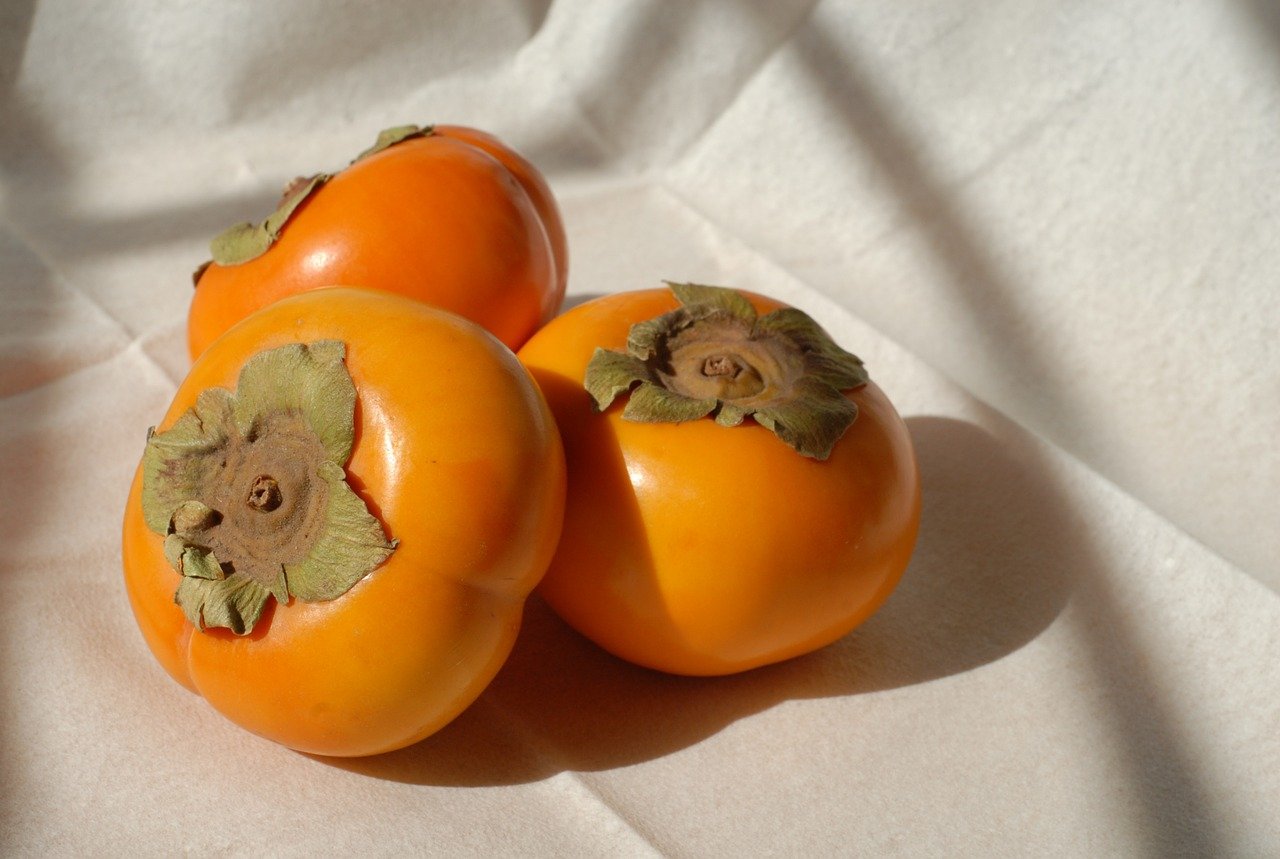Korean Colloquial Expressions (Part 1) Posted by Flying Oyster on Sep 27, 2021 in Grammar, Idioms, Korean Language, Pronunciation, Slang, Vocabulary
Learning a language is not an easy task, especially if you start later in life. Everything looks completely different and sounds strange. I know your agony in the journey of learning a foreign language because I, myself, have been there. In fact, I am still hanging in there. Mastering a language is hard work that requires patience and passion.
Unfortunately, the Korean language has a notorious reputation being one of the most difficult languages to learn for English native speakers. As a native Korean, this is a sad statement because many potential language learners simply opt-out of an opportunity to learn Korean without giving it a chance.
Today, I want to introduce you to a fun way to brush up on your Korean. In the beginning, I had spent more time learning colloquial expressions in English. Looking back, I think it was one of the most effective ways I could kindle my passion for learning English. After studying today’s lesson, you might surprise your coworkers with your level-up Korean.
Korean languages have homonyms as many other languages do. For example, 눈 (noon: eye, snow) is one of them. Below expressions indicate 눈 as an eye.
1. 그녀는 눈이 높다. (noon-ee-nop-dah: She has a high standard.)
It is literally translated that eyes are set on a high level. It means that someone has a high standard.
->My aunt hasn’t been married yet because 그녀는 눈이 높다.
2. 한 눈 팔다. (han-noon-pal-dah: keep one’s eyes off from something/get distracted.)
It literally says that someone is selling one eye to something/someone. If you start dating someone, your girlfriend/boyfriend may kindly(?) remind you not to look at other men/women.
-> You would break my heart if you 한 눈 팔다.
3. 그녀는 코가 높다 (koh-gah-nop-dah: She’s too snobby.)
It literally says that she has a high nose. When people describe someone as being snobby in English-speaking culture, they often point their nose upwards. In Korean, we also use a raised nose for someone being haughty. You see, even the Korean language, which you might think that it is too foreign, could be similar to your own language.
콧대 (kot-dae: a nose bone) could be often replaced. 콧대가 높다. (kot-dae-gah-nop-dah: a nose bone is high). 콧대가 세다. (kot-dae-gah-se-dah: a nose bone is strong) have similar nuance.
->She won’t even approve of any of this high-end jewelry because 콧대가 높다.
4. 감이 잡히다 (gahm-ee-jop-hee-dah: I got a hunch.)
Don’t be confused. 감 (gahm: a persimmon, a feeling) is a homonym. The expression indicates 감 as a feeling/a hunch. 잡다 (jop-dah: to grasp)
->When somebody says, 감 잡다 (gahm-jop-dah: I’ve got the picture.) you’ve got the picture!
5. 당근이지. (dang-geun-ee-ji: It is for sure!)
It is derived from 당연하다. (dang-yeon-hah-dah: It is for certain.) Believe it or not, 당근이지 is a catchphrase of a Korean comedian. Naver Dictionary defines 당근 as a noun that is short for a 당연하다. 당근 is supposed to be used in a casual and witty case. Who knew?
-> A: Did you eat breakfast?
B: 당근이지!
6. 그는 짜다. (sah-ram-ee-jjah-dah: he is stingy.)
It literally says that a person is salty. In English, the word ‘salty’ contains negative meanings as well. In Korean, the word can be used as being cheap.
-> My boss is 짜다.
What did you think about these colloquial expressions? When you know the backstories of them, doesn’t it give you the motivation to study Korean harder? I hope so. I have many more colloquial expressions for you in the next post. Stay tuned!

Build vocabulary, practice pronunciation, and more with Transparent Language Online. Available anytime, anywhere, on any device.







Comments:
Diane W:
This was fascinating and a fun way to add more words and understanding. Keep up these entertaining ways to love Korean language learning.
FlyHighOyster:
@Diane W Thank you, Diane! I shall come up with more in the next post. Stay tuned!
Moira:
Very interesting! I recently learned about your blog, and I am enjoying your content very much. 🙂
Flying Oyster:
@Moira Thank you, Moira! I am honored to hear that ?